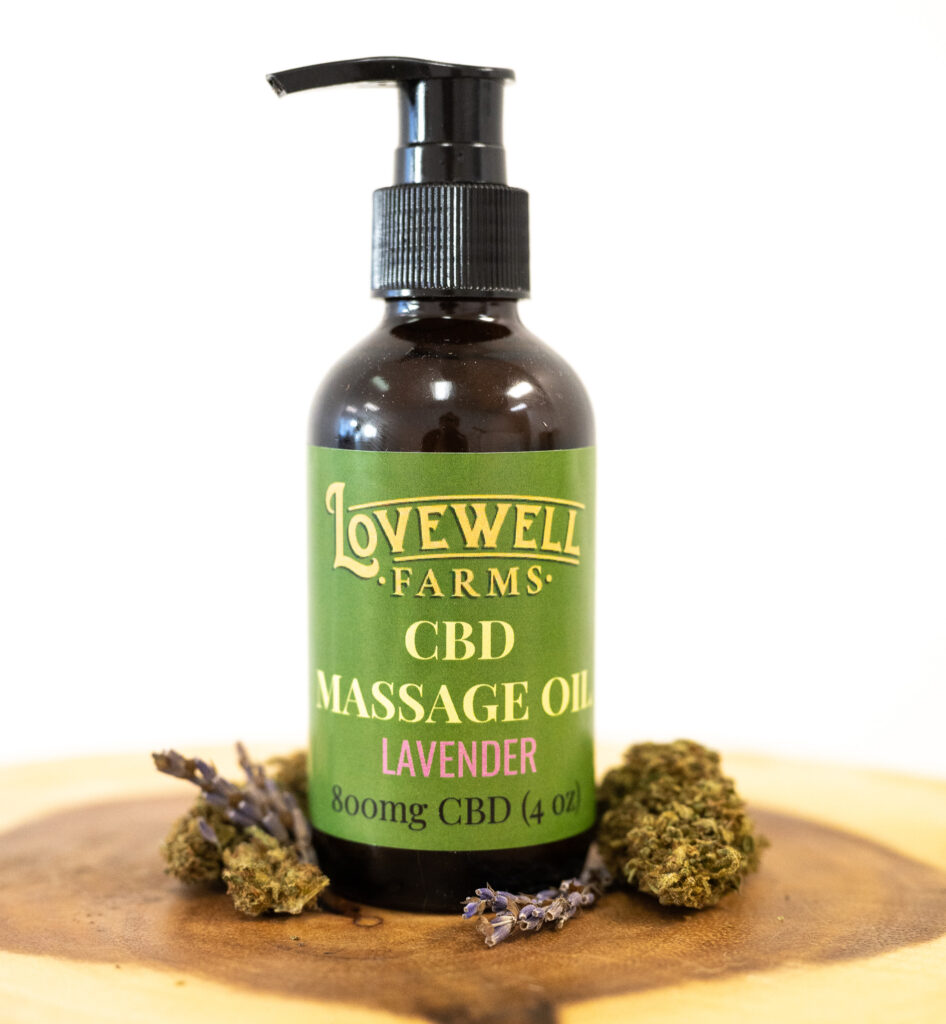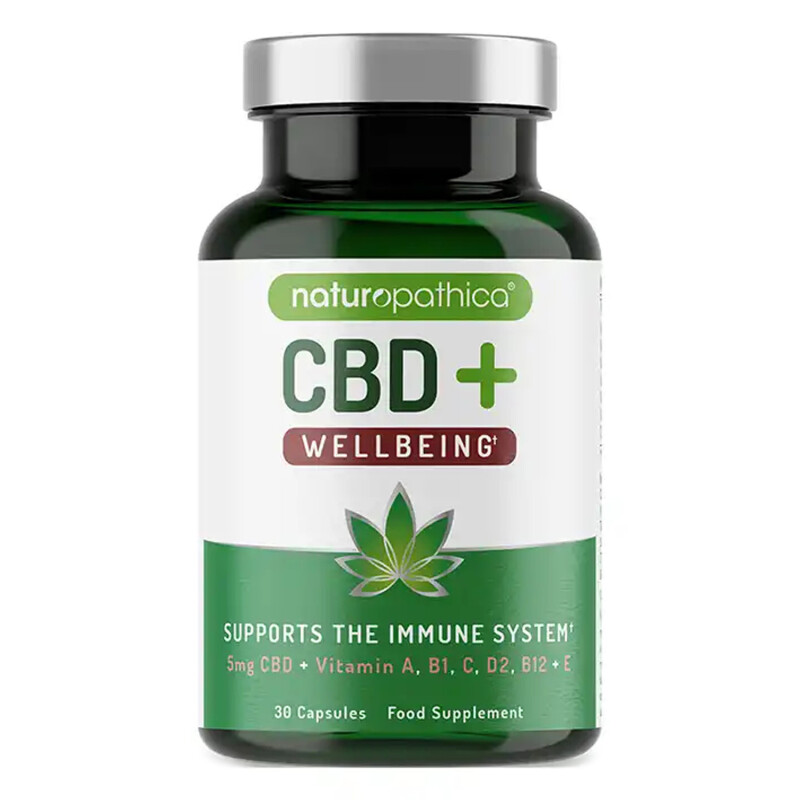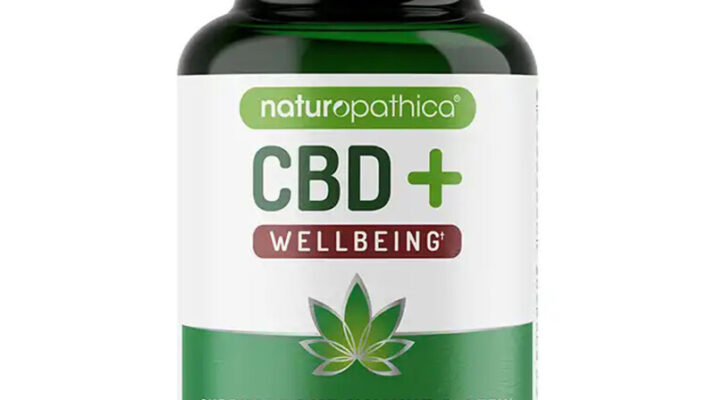Cannabidiol (CBD) oil has gained significant popularity for its potential health benefits, from reducing anxiety to alleviating chronic pain. As more people explore its therapeutic properties, many are wondering how CBD oil might interact with other medications. Whether you’re considering CBD oil for sale to enhance your wellness routine or have already incorporated it into your daily regimen, understanding its possible interactions with prescription and over-the-counter drugs is crucial for safety. In this guide, we’ll delve into how CBD oil affects various medications, what risks to be aware of, and how to safely use it alongside other treatments.
What is CBD Oil and How Does it Work?
CBD oil is derived from the hemp plant, a strain of cannabis with low levels of tetrahydrocannabinol (THC). Unlike THC, which is psychoactive, CBD is non-psychoactive and is believed to interact with the body’s endocannabinoid system to regulate various functions, including mood, sleep, and pain. As a result, CBD oil has become a popular natural remedy for issues like anxiety, chronic pain, and insomnia. However, its ability to interact with other substances—particularly medications—should not be overlooked.

The Role of the Liver in CBD’s Interaction with Drugs
When you take CBD oil, it is metabolized in the liver by enzymes, specifically cytochrome P450 enzymes. These enzymes break down various drugs and substances in your body. If you’re taking medications that are also processed by these enzymes, CBD can compete for metabolic pathways, potentially altering the way your body processes these medications. This interaction may lead to higher or lower levels of the medication in your bloodstream, affecting its effectiveness or increasing the risk of side effects.
Common Medications Affected by CBD Oil
Certain medications are more likely to interact with CBD oil due to the way they are metabolized in the liver. These include:
- Antidepressants: Drugs like SSRIs (selective serotonin reuptake inhibitors) and MAOIs (monoamine oxidase inhibitors) are commonly used to treat depression and anxiety. CBD oil may interfere with how these medications are metabolized, either increasing or decreasing their effectiveness.
- Blood Thinners: Medications like warfarin are prescribed to prevent blood clots. CBD has the potential to increase the blood-thinning effects of these drugs, which could lead to an increased risk of bleeding.
- Anticonvulsants: People taking medications like phenobarbital or phenytoin for seizures may experience changes in drug levels due to CBD, affecting seizure control.
- Pain Relievers: Opioids and other pain-relieving drugs may have altered effects when taken with CBD, either enhancing or reducing their impact.
- Antibiotics: Some antibiotics, such as rifampin, can also interact with CBD oil and alter the effectiveness of the medication.
How to Minimize the Risk of Negative Interactions
To safely use CBD oil alongside other medications, consider the following steps:
- Consult with Your Healthcare Provider: Before starting CBD oil, speak to your doctor, especially if you’re taking prescription medications. Your doctor can help assess potential risks and make dosage recommendations.
- Start Slowly: If your healthcare provider approves CBD oil, begin with a small dose and gradually increase it while monitoring your body’s response.
- Keep Track of Medication Levels: If you’re on medications that have narrow therapeutic windows, regular blood tests can help ensure their levels remain within a safe range when taking CBD oil.
- Consider Full-Spectrum vs. Isolate CBD: Full-spectrum CBD contains a variety of cannabinoids and terpenes, which may increase the risk of interactions, while CBD isolate, which contains pure CBD, may be a safer option for some people.
Potential Benefits of CBD Oil Despite Drug Interactions
Despite the potential for interactions, many individuals find that CBD oil offers significant health benefits, such as reducing pain, anxiety, and inflammation. In some cases, CBD may even enhance the effects of certain medications, allowing for lower doses of pharmaceutical drugs. However, this benefit should only be considered with medical guidance to avoid potential complications.
Legal and Safety Considerations
When purchasing CBD oil, ensure you’re buying from a reputable source. Look for products that are third-party tested for purity and potency. It’s important to note that in some regions, CBD product sales are regulated, and the quality can vary significantly between brands. If you’re searching for CBD oil for sale, take time to research and choose trusted suppliers who offer transparent information on their products’ contents and lab results.

Conclusion
CBD oil can potentially improve various aspects of health and wellness, but its interactions with medications can be complex. By understanding how CBD interacts with other drugs and working closely with your healthcare provider, you can minimize risks and make informed decisions about its use. Always ensure you buy CBD oil from trusted sources, and never hesitate to ask your doctor for guidance before starting any new supplement, especially if you’re on multiple medications.




